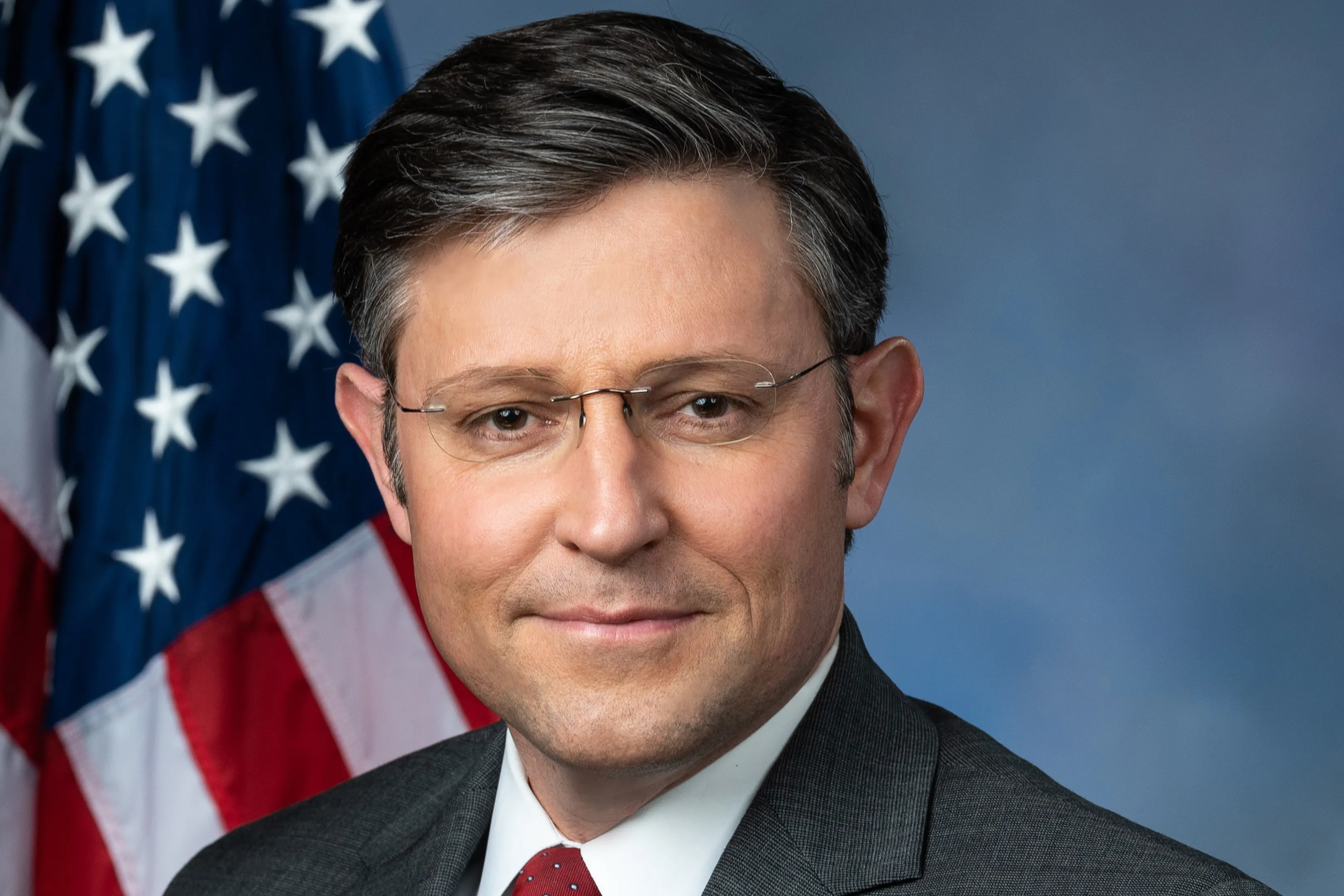
Daily Audio Newscast - November 7, 2024
News from around the nation.
Donald Trump defeats Kamala Harris to become the next U.S. president; UA Little Rock wins grant to expand cybersecurity education; Post-election analysis: Rural voter nuance is deeply entrenched.
Transcript
- The Public News Service Daily Newscast November the 7th, 2024.
I'm Mike Clifford.
Donald Trump's victory in the race for the White House was again aided by wins in rural areas, such as Nebraska.
As the results from Tuesday night are examined, political analysts cite Trump's gain with Latino voters.
Colby College's Nick Jacobs, who has written about rural issues, says the campaign also regained some ground in rural America that it had lost in 2020.
Jacobs says if the media or political strategists try to again understand why these areas still largely back Trump, they have to resist preconceived notions.
We're gonna see it again with these diner interviews is that prior to even being interviewed, rural people were put into this prefabricated box.
And the truth is that voters in rural places and urban places, they're complicated.
It's been decades in the making, but Jacobs feels the public still doesn't grasp that rural voters feel underappreciated by the political establishment.
But Jacobs says Democrats should keep trying to produce local candidates who can relate to these voters, adding that having both parties find success in rural America is good for democracy.
I'm Mike Moen.
Meantime, from NBC News, Vice President Kamala Harris addressed a crowd of supporters.
In her speech, Harris encouraged supporters not to lose hope, saying that while she concedes the election, "I do not concede the fight that fueled the campaign."
Meantime, Wisconsin experienced the first new election using the state's new political maps, and experts say it made a significant difference in outcomes.
Although Republicans still have the upper hand, their supermajority is quashed, and Democrats made some key gains in the Wisconsin legislature, which they believe puts them in a better position to gain chamber control in 2026.
Political scientist David Helpapp with the University of Wisconsin at Green Bay says this lays the groundwork for changes in future policy proposals.
As districts become more competitive, it makes it more difficult for those who are elected officials in those districts to really propose policies that are too far left or right of center, simply because they know they're going to have to answer to voters that are more center than they used to be.
He says the new legislative maps leveled the playing field for legislators in a way that Wisconsin hasn't seen in more than a decade, making it possible for Democrats to pick up key seats in districts covering the northern Milwaukee suburbs, the north side of Madison, as well as Richland and Sauk counties, the Green Bay area, and much of the Fox Cities.
One of the biggest upcoming policy issues is the next state budget, from K through 12 education to funding local government, the UW system, and corrections.
Helpapp says that's where Wisconsinites could see the impact of these changes the most, and the dynamic will be different.
I'm Judith Ruiz Branch reporting.
This is Public News Service.
Next up, the University of Arkansas at Little Rock will use a $1 million grant to create a research and education center for cybersecurity.
The Cyberspace Operations Research and Education Center, or CORE, will be used to train students for jobs in the industry.
Associate Professor Phillip Huff says currently 100 students are majoring in cybersecurity, and the grant money will allow them to expand and reach more young people.
We are proud to collaborate with our partners, including UA Fayetteville, UA Pine Bluff, many community colleges across the state, to engage in minority and underrepresented students, recruiting them and further diversifying the cybersecurity talent pool.
UA Little Rock also serves as the hub for the National Cyber Teaching Coalition, which trains high school teachers to teach cybersecurity and artificial intelligence classes for dual enrollment courses.
I'm Freda Ross reporting.
We head next to Colorado, where young people convicted of crimes in Pueblo can now avoid serious and long-lasting consequences.
Chanel Hastie with the National League of Cities, which created the Courts Addressing Fines and Fees or CAFE program, says when young people cannot pay a fee, it goes into collections, and that can make it much harder for them to become financially independent, contributing members of the community.
Jobs today, they require that you have a decent credit score to get a job, 'cause they may not be able to get a job.
They may not be able to get housing because of a damaged credit score.
It's just a negative economic spiral for this young person.
Unpaid fines and fees can quickly snowball, leading to increased fines, driver's license suspensions, or even jail time.
Through CAFE, defendants can sign up for Pueblo's Financial Empowerment Center, get one-on-one financial literacy tutoring, get their court fines or fees reduced, and pay them off through community service.
Pueblo is one of 14 cities selected to participate in the program, which is also open to adult offenders.
I'm Eric Galatas.
Finally, from our Daniel Smith, childcare workers across the nation, including Tennessee, are struggling with poverty-level wages.
The UC Berkeley report reveals that in Tennessee, the median wage for early childhood educators is less than $15 an hour.
Anna Powell with UC Berkeley's Center for the Study of Childcare Employment says the median wage nationally for early childhood educators is just $13.07 an hour, which has resulted in some workers relying on public assistance.
In Tennessee, we estimate the median hourly wage to be $11.57 for a person working in early care and education.
Meanwhile, the living wage in that state is about $15.
This is Mike Clifford for Public News Service.
Member and listeners supported.
Here's how radio stations Big and Small, your favorite podcast platform, and find our host indicators at publicnewsservice.org.















